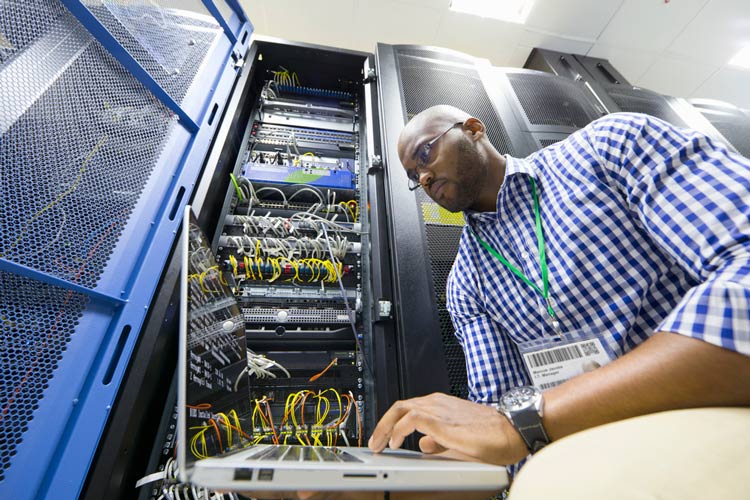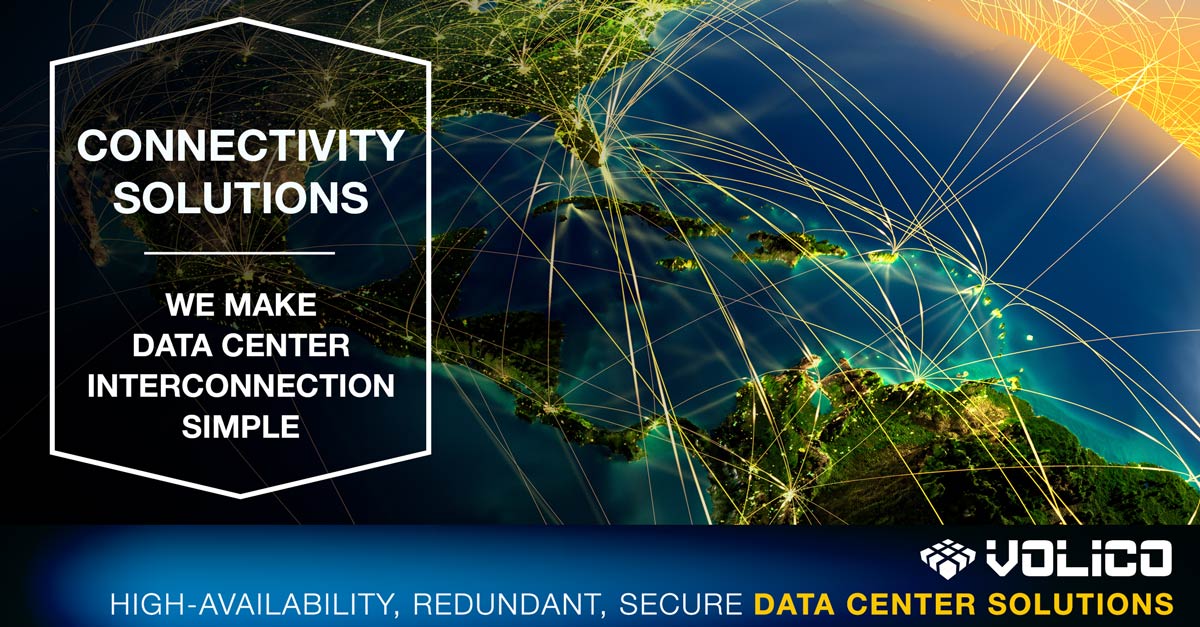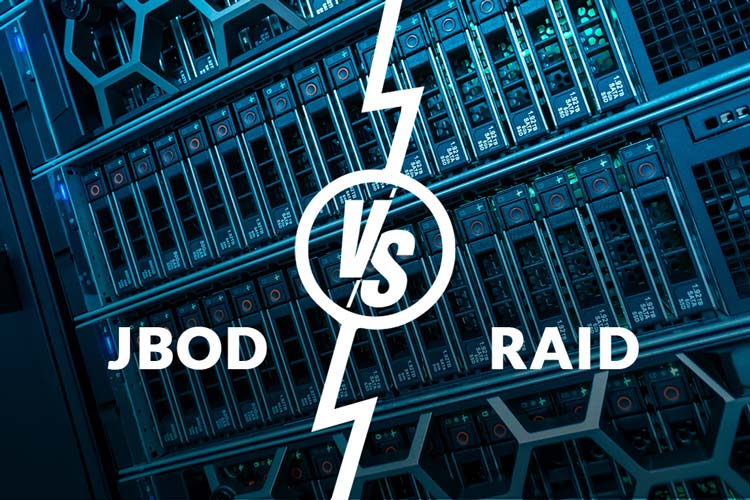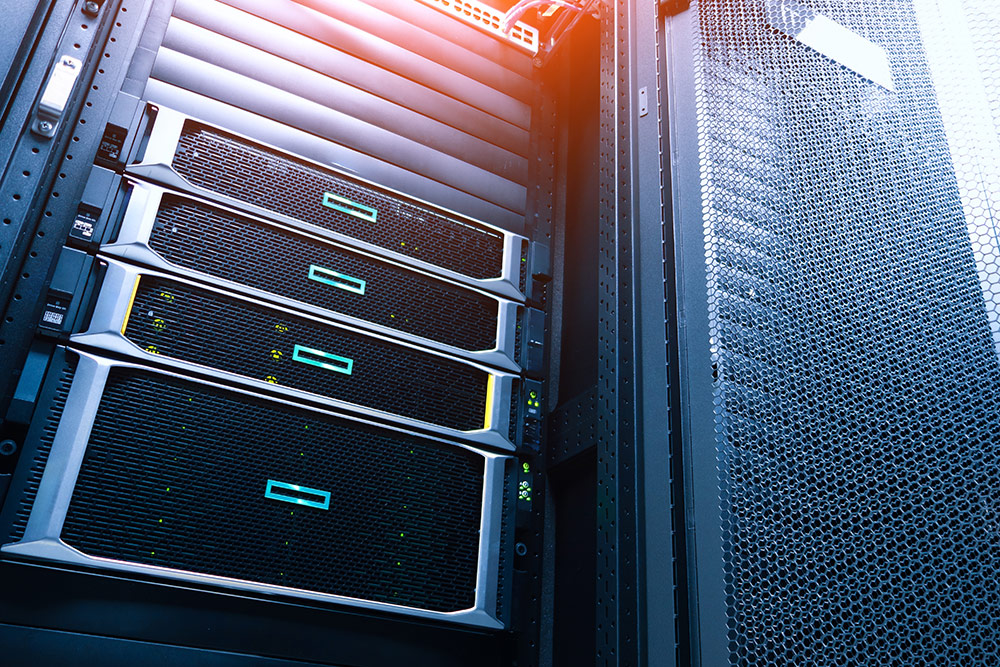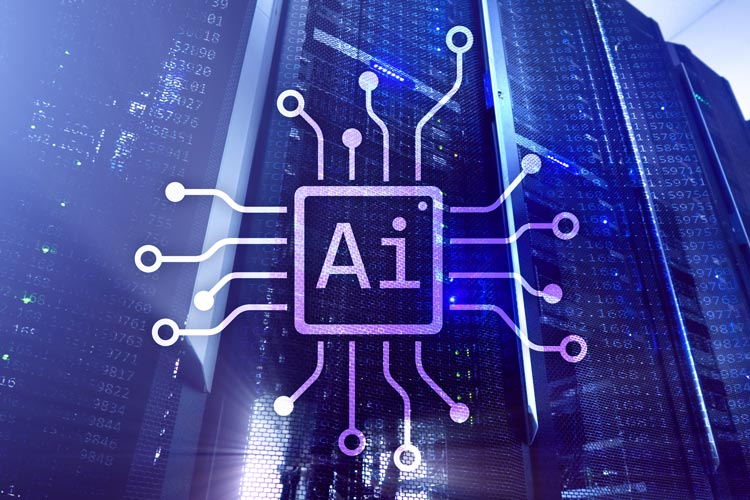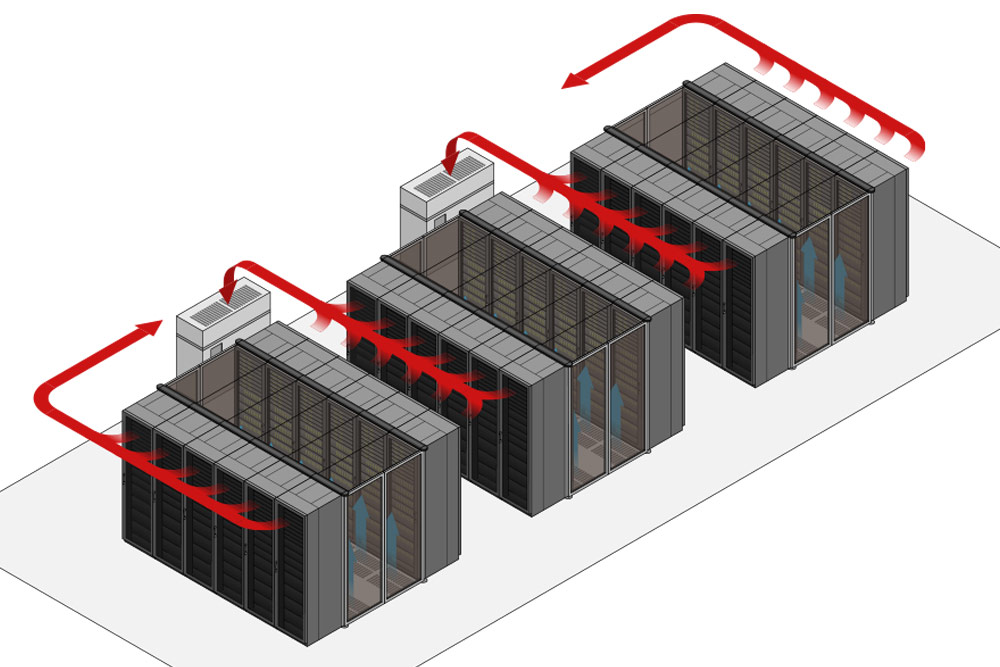Today, when augmented reality and applications providing information in real-time are at our fingertips, data center operators work with more and more sophisticated systems to support increasingly intricate user needs. Latency and downtime are no longer acceptable as they were a few years ago: speed has become a non-negotiable expectation. The success of businesses is hinging on loading speeds and delivering information rapidly. And there’s no speed without optimal data center connectivity.
Facilitating quick and smooth communications depends on your data center’s connectivity options and configurations. So, you must consider a few core components before choosing a data center for your business’s needs.
You have to make sure that low latency is not an issue and that your provider can deliver the performance, resiliency, and network connectivity your business needs.
In this article, we’ll take a look at why data center connectivity is so important. We are going to unpack the different connectivity options for different business needs.
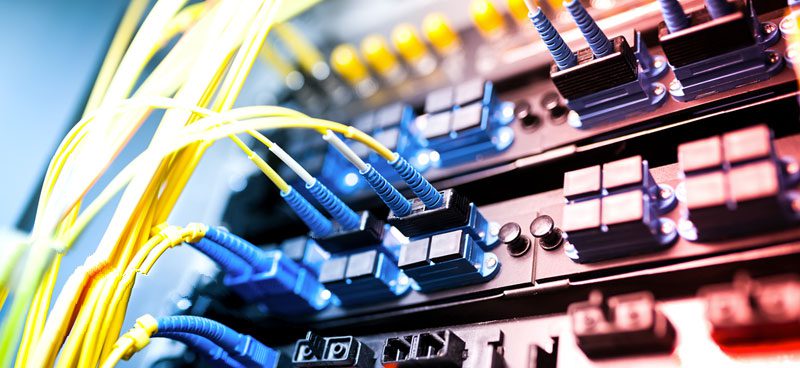
Why Data Center Connectivity is Crucial?
If we look at demand or the end user’s side, everyone wants the best speed possible at all times. After seconds of looking at the loading icon, the customer might be gone.
Excellent performance and 100% availability are the status quo now; the smallest delays can make a potential customer go elsewhere. People hate latency, and most discontinue using apps and websites if they take too long to load.
On the business side, keeping an eye on business network health is a motive in itself to look for good data center connectivity. Keeping users satisfied sometimes requires companies to manage communications as swiftly as possible.
Moreover, many organizations divide their workloads between cloud, on-premise, and colocation. This approach implies many communication points throughout their infrastructure, and good connections can make huge differences in efficiency.
Data center connectivity is crucial for high availability and low latency. Suppose you want your traffic to be as efficient and profitable as possible. In that case, it’s crucial to have the optimal connectivity infrastructure so that the data can travel on the shortest and fastest route possible to its destination.
For this reason, colocation connectivity plays a pivotal role in the data center’s performance.
Colocation Data Center Connectivity Options
Depending on the level of connectivity your business needs, there are several options to consider.
Fiber Network Options
In the data center industry context, we often hear the word fiber. Fiber refers to the fiber optic cables used for data transmission. These cables use light signals to transmit data at incredibly high speeds over long distances. Fiber has the advantage of high bandwidth and low latency and is immune to electromagnetic interference. It is perfect for connecting servers, switches, and networking equipment within and outside the data center environment.
There used to be only one fiber provider or ISP available for a data center. Today, fiber can be provided by various telecommunications companies, ISPs, manufacturers, or specialized fiber optic companies. Typically, the provider builds and lays the fiber infrastructure and leases access to data centers and other customers.
Today, many data centers are built to be carrier-neutral, meaning that customers have the possibility to select the fiber provider they want. Providers usually have a pre-established point of presence in the data center building, allowing them to provide service as soon as a customer requests it.
Dark Fiber
Firber has a brother, known in the industry as dark fiber. Unlike lit fiber, which the provider manages, dark fiber is “unlit,” meaning that the network provider does not manage it. This is the main difference between lit fiber and dark fiber. Organizations that want the advantages of managing dark fiber privately can lease it from the ISPs.
Dark fiber is perfect for those organizations that need a secure and private network. Its big advantage is that it’s customizable and offers almost infinite bandwidth. In some instances, other connectivity options are unsuitable for specific needs, making dark fiber the best option out of available data center connectivity solutions. For example, dark fiber can be excellent for:
- Networks that require ultra-low latency
- Organizations that need private networks for security reasons
- Real-time data center transmission links
- To complement a lit fiber solution
Data Center Interconnection
Data center interconnects enable two or more data centers to connect for communication and data-sharing benefits at the fastest speed possible. Interconnection is a physical link that can establish a connection between multiple data centers, between ISPs and their customers, or between a carrier’s network and a data center.
Thanks to data center interconnection, providers form a collective for each entity to tap into and benefit from sharing resources – both the physical and the virtual. This can be a significant advantage in balancing workloads and avoiding congestion.
Interconnection has its advantages in disaster recovery and business continuity. However, today, interconnects are used in everyday tasks and operations, facilitating load balancing and resource management for the data center. Data Center Interconnection allows stronger security for information sharing and increases quality and performance. As internet traffic keeps growing, interconnection provides the technology that supports more connection types, allowing the critical flexibility companies need for scaling their infrastructure.
Cross Connects
Cross connects are a very simple type of connection, connecting two entities. It is a direct line within a data center, connecting two points.
Cross-connects are the most straightforward solution when a company needs to secure a reliable and fast connection without risks of traffic congestion or latency. They involve a wire connecting two servers.
Customers can request cross-connects to establish a fast connection between their servers separated by distance within the data center. Cross-connects can also serve as connections to ISPs within the data center.
Cross-connects are simple yet important entities in data center connectivity. They improve traffic flow, decrease latency, and improve performance. Cross-connects are the perfect solution for low latency, security, and high-performance data exchange.
Direct Cloud Connectivity Options
Direct Connects enable users to connect to their cloud provider through a dedicated connection. This allows companies to avoid the high risk of falling victim to viruses, hacking, or leaks when connecting over the public internet. Direct connects offer low-traffic, high-speed routes for better access to cloud resources and data transfers. In the past few years, many companies have moved their IT resources to major cloud providers like Google, Amazon, or Azure. While a direct connection is somewhat more expensive, it offers great benefits for companies who value safety, speed, and a better quality experience.
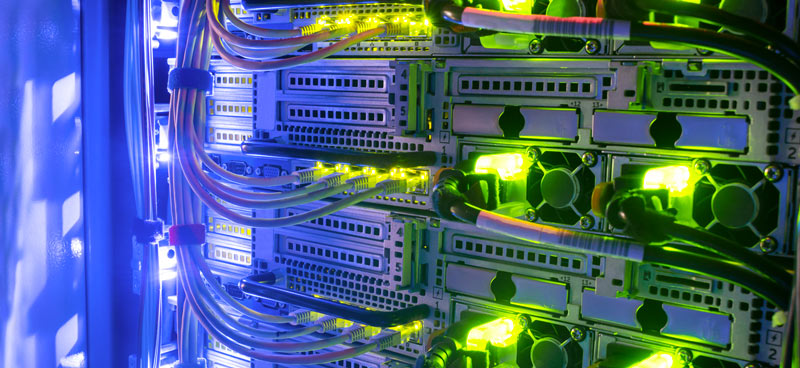
How do you choose the right data center for your business?
There are a few crucial criteria to follow when choosing the right data center provider for your business.
The facility’s tier certification can give you an idea about its level of resiliency and redundancy.
Another important asset of a data center is whether it has a professional team of experts on-site and offers smart hands and remote hands services to deal with eventual issues instantly.
However, one of the most important things to consider before choosing a data center is its connectivity options. Depending on your needs, you can look for:
- Excellent lit and dark fiber and dedicated internet access
- Cross – and interconnection options
- Access to direct connects for a quality cloud experience
- Preferably carrier-neutral
- Backup connectivity in place
Find the Connectivity You Need at Volico Data Centers
Data center connectivity is not the same across this broad industry. The efficiency of your connectivity will depend on the provider, so it’s important to choose the right one for the specific needs of your business.
Volico Data Centers offers top-tier, carrier-neutral data center connectivity with both physical and virtual interconnection solutions, making it easy for businesses to connect with partners from the safety of a redundant network infrastructure. We facilitate direct, secure, and dynamic connectivity to leading telecommunications carriers, ISPs, and cloud providers.
Please check out the list of Volico connectivity options here.
For more information, call (305) 735-8098 or chat with a member of our team to discuss which connectivity solution best fits your needs.

